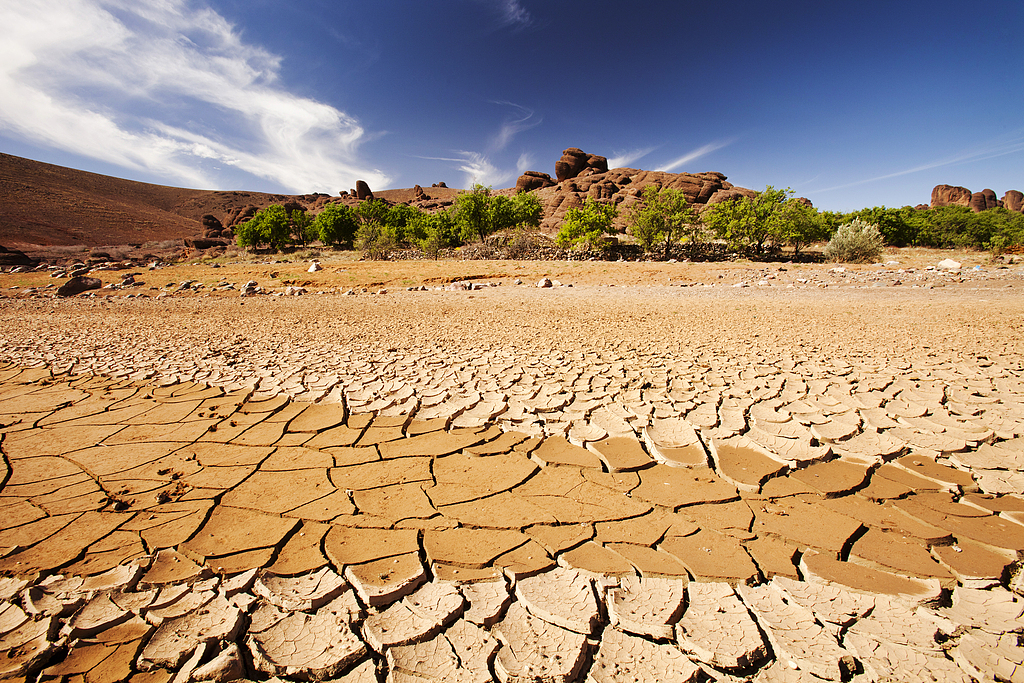
Climate change costs Africa up to 5 percent of GDP, UN climate head says
The impact of global warming costs African nations up to five percent of their economic output, the United Nations climate chief said on Thursday, calling for more investments to help adapt to climate change.
“The climate crisis is an economic sinkhole, sucking the momentum out of economic growth,” Simon Stiell, executive secretary of the UN Framework Convention on Climate Change told a meeting of African ministers of the environment in Cote d’Ivoire.
African governments and their climate negotiators are considering various strategies at the pre-COP29, or Conference of the Parties, preparatory meeting in the West African country.
Although the continent has attracted new investors in climate mitigation and adaptation projects in recent years, it gets a very small portion of the 100 billion U.S. dollars in financing available globally, African government officials say.
That is a drop in the ocean of the 1.3 trillion U.S. dollars required, the officials say, without providing a time frame for when the amount would be needed.
“Africa’s vast potential to drive forward climate solutions is being thwarted by an epidemic of underinvestment,” Stiell said.
The required investments include 4 billion U.S. dollars annually to eliminate the use of traditional fuel for cooking on the continent, such as wood, which contributes to greenhouse gas emissions, Stiell said.
“Of the more than 400 billion U.S. dollars spent on clean energy last year, only 2.6 billion U.S. dollars went to African nations,” he said.
Climate change is blamed for protracted drought and bouts of catastrophic flooding across Africa that have hit food production. The reduced food production drives up commodity prices and worsens hunger.
Stiell said there have been growing calls for Africa to secure more climate financing in the run-up to COP29. Officials hope to find consensus on new international climate finance goals.
“We must use innovative financing solutions for adaptation without exacerbating debt burdens,” Hanan Morsy, chief economist at the United Nations Economic Commission for Africa told a climate finance conference last week.






